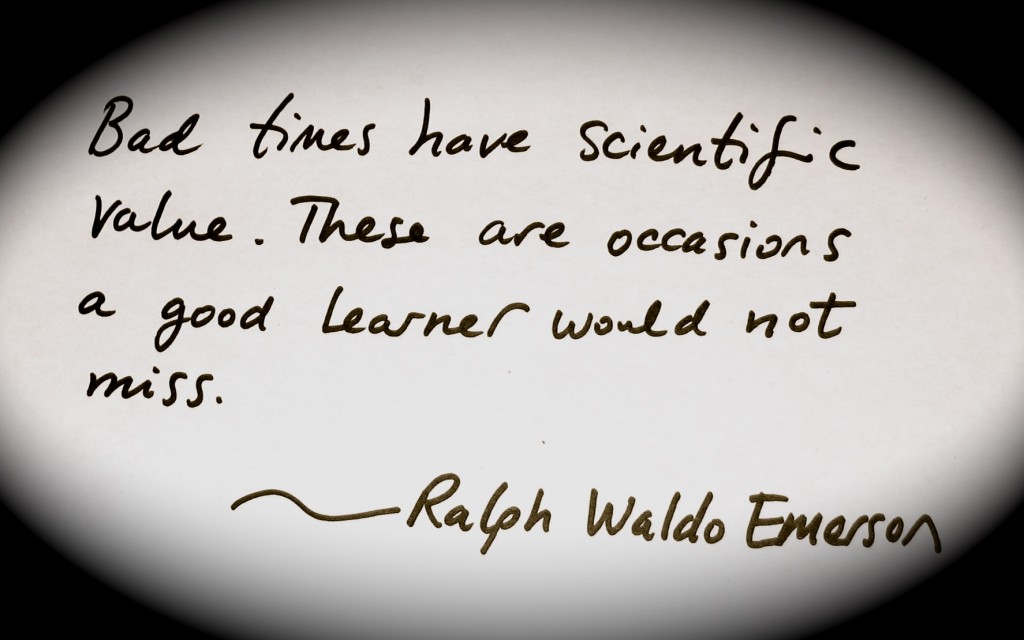by Sandra Johnstone, Teaching Faculty, Faculty of Science and Technology, VIU
 “Appropriate difficulty”
“Appropriate difficulty”
I participated in a CIEL discussion group recently where the topic was “Effective Teaching”. We had been provided with materials that detailed surveys of university instructors and university students to articulate their perceptions of effective teaching. The conversations that emerged during our discussion group were wide ranging and interesting. Based on the data provided in our readings, it was clear that students appreciate instructors who are knowledgeable, empathetic, prepared, and organized, with good personal hygiene(1).
Fair enough. Effective instructors motivate students, are flexible in their lesson plans and provide material that is at the “appropriate” level of difficulty(2).
Again, fair enough.
But a week after our discussion session I’m still stuck on the phrase “appropriate level of difficulty”. Who defines “appropriate” in this context?
So what’s the problem?
In my experience student and instructor perception of “appropriate difficulty” can be widely disparate. I know that many students fear difficult assignments and avoid taking courses that they believe will be challenging.
Many students are surprised when they encounter material that they consider difficult. Overheard conversations suggest that students enjoy classes with a pleasant atmosphere, where not too much is asked of them.
I am concerned with the disconnect between many student’s expectation that a “good class” is something pleasant and easy, and my own experience of the types of difficult or uncomfortable situations that generate authentic and lasting learning.
My own transformative learning experiences
When I reflect back on my own deepest and most transformative learning experiences, few of them happened while in the classroom. And of those that did, many were experiences that pushed me out of my comfort zone.
I don’t think this is a reflection on my teachers. I have been privileged to study under some wonderful people along the way. But still, my most powerful learning experiences were physically and emotionally grueling. They often involved tears or curse words, and occasionally even blood, as I struggled to transcend my own limitations. (I’m a geologist. Blood might not be required in every discipline!)
My hard won lessons often took weeks or months, or sometimes even years to sink in. These difficult learning experiences forced me to modify and improve my thinking or my behaviour in some way.
Can we prepare our students to struggle?
I hope I am able to provide some transformative experiences for my students. So my question is: Do deep learning experiences need to be difficult? And if so, is there a way to encourage our students to relish and embrace their struggle as an essential component of their transformation from “novice” to “expert”?
I think much of my angst as a learner arose because I wasn’t expecting to be transformed. I didn’t anticipate the difficulty, or appreciate it as part of the process.
My own experience tells me that struggle is essential to growth, and I think most accomplished teachers and learners could attest to the importance of difficulty in their learning process. But maybe there’s a way to prepare our students so that tears and bloodshed aren’t necessary
1 Delaney, J., Johnson, A. N., Johnson, T. D., & Treslan, D. L. (2010). Students’ perceptions of effective teaching in higher education. Memorial University of Newfoundland, Distance Education and Learning Technologies.
2 Devlin, M., & Samarawickrema, G. (2010): The criteria of effective teaching in a changing education context, Higher Education Research and Development, 29:2, 111-124.